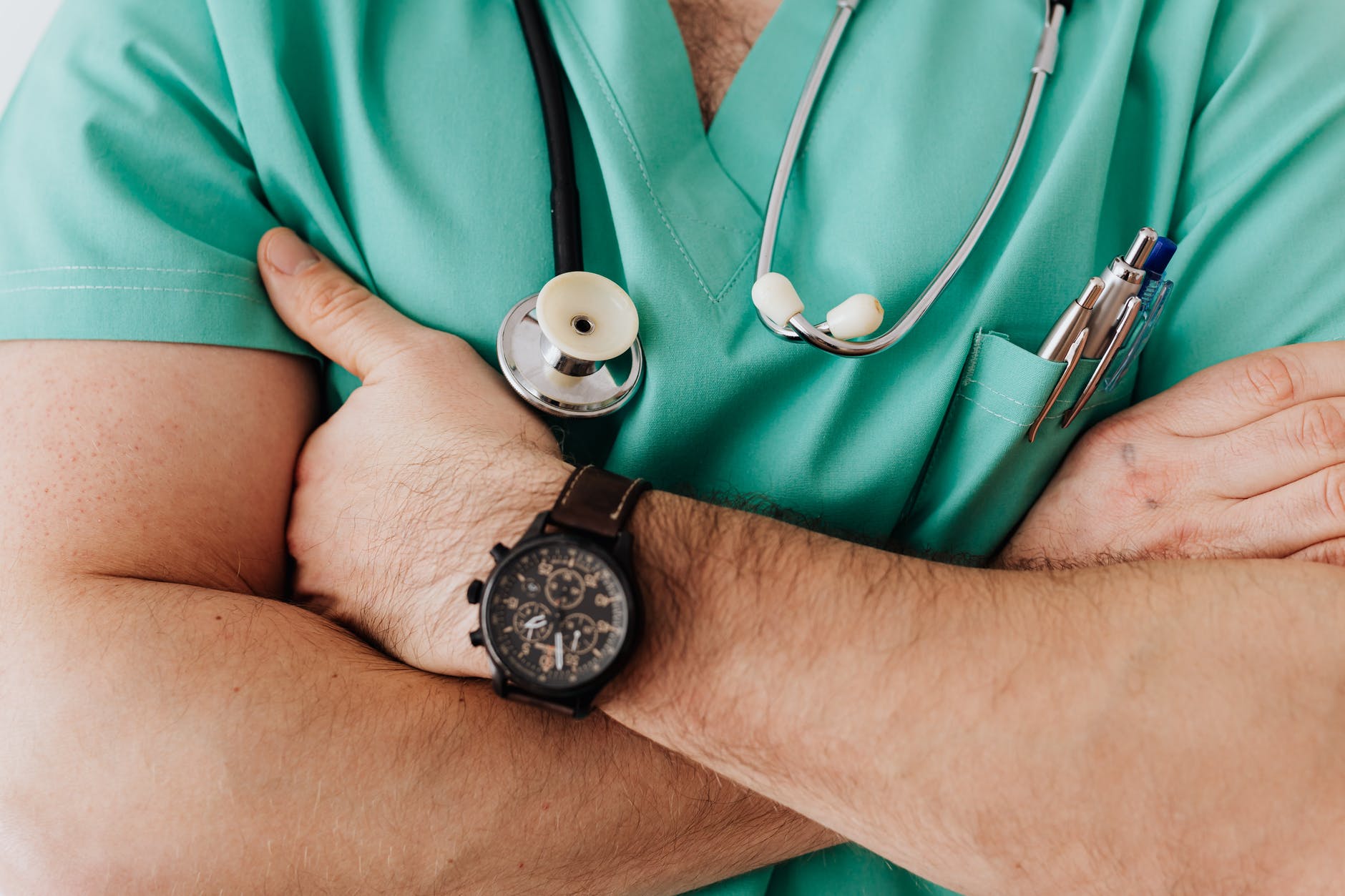
By Ann Tomoko Rosen
New Jersey is considering sweeping changes to its public health rules (N.J.A.C 8:57). At first glance, the changes sound reasonable: protect patient privacy, streamline reporting, and modernize disease surveillance and control. But both citizens and representatives need to understand how these new rules would centralize DOH power and reshape the balance of privacy, accountability, and state authority in New Jersey.
The rules expand the mass collection of personal health data through the New Jersey Immunization Information System and electronic reporting. Simultaneously, they exempt these records and information related to DOH-imposed measures from the Open Public Records Act (OPRA). In practice, this means the Department of Health can practice science by press release – announcing “measles cases,” “COVID deaths,” “outbreaks” or a need for lockdowns without allowing independent review of what those assertions actually mean or how they were determined.
Are deaths directly caused by a disease, or merely associated with it? Are cases among the unvaccinated, or in people who were recently vaccinated? The public will not be allowed to know.
Second, the rules formally tie vaccine requirements to federal ACIP recommendations, but go further, giving the Commissioner authority to add new vaccine mandates by rulemaking. That’s an enormous concentration of discretion in a single office, with little opportunity for legislative debate. And because federal funding depends on compliance with CDC standards, the incentive to adopt new requirements quickly will be intense, even if the public cannot see the underlying evidence.
This is what philosophers of science call epistemic capture: when one institution controls the flow of information so completely that its interpretation becomes the only possible truth. If the government both collects all the data and shields it from public view, then the “facts” about outbreaks, deaths, or vaccine failures are whatever the Department says they are – beyond challenge, and beyond verification.
New Jerseyans deserve better. Privacy and transparency need not be opposites. NJDOH spent over two years crafting these rules; it’s worth the additional time to hear (and share) what the public and the representatives we voted for have to say and then do better.
Public health will further erode public confidence if it demonstrates that the lessons it learned were to hide the evidence of its own actions while demanding more from us. By concentrating authority, aligning mandates to federal incentives, expanding their own exemptions while limiting religious exemptions, and closing off records, these rules do just that. If New Jersey wants to safeguard both health and liberty, it must balance the equation.
–
Ann Tomoko Rosen is a patient rights advocate and co-founder of The Center for Acupuncture and Herbal Medicine in Plainfield, NJ.

